
Dale Carnegie's How to Win Friends and Influence People is one of the best-selling self-help books of all time.
According to The New York Times , in a context where society is still facing many natural disasters and epidemics, that message seems to touch the psychology of the times: people are tired of many changes and choose to turn inward to protect themselves.
But is it helpful advice or just an excuse for a selfish lifestyle?
Change your reading taste
In 1936, Dale Carnegie published How to Win Friends and Influence People , one of the best-selling healing books of all time. The book has sold more than 30 million copies. Explaining its appeal, journalist Emma Goldberg said that when the book was published, America and the world were in the midst of economic crises.

The Courage to Be Hated has sold more than 10 million copies - Photo: Publishing House
The unemployment rate in the US is up to 16.9%, people are desperately waiting for a "formula" to escape poverty.
Carnegie's book appears as a gift from heaven, promising success if readers know how to change from the smallest things such as: smiling, praising others, and skillfully pleasing them.
These have shaped the content of healing books for decades. That is, to get ahead, you have to get along with others and make them like you.
This also reflects a belief in social connection and kindness that can get people through hardship.
But nearly a century later, on the bookshelf appeared hot titles such as: The Courage to Be Disliked (Kishimi Ichiro and Koga Fumitake), The Boundary of Freedom (Nedra Glover Tawwab) or The Subtle Art of... Letting Go (Mark Manson) all advise readers to focus on themselves and care less about the needs of others. These are all global bestsellers and have been published in Vietnam.
More specifically, these works suggest that readers don't have to please everyone, have the courage to say no to people they don't like, and don't even be afraid to be the villain.
The Line Between Personal Freedom and Selfishness
According to many researchers, the best-seller list of healing books reflects people's worries in each stage of society.
"If How to Win Friends and Influence People was published when America was still poor, like a thread connecting people together, then the healing books published after the Covid-19 pandemic direct us to focus more on ourselves after suffering losses, when we clearly see the fragility of a human life.
Social distancing, concerns about vaccines, medical supplies... make us appreciate ourselves more," commented journalist Emma Goldberg of The New York Times .
And in this day and age, the biggest concern is how far can one go from being selfish to being truly free? What is the line between being truly free and not being selfish?
"Sometimes it's okay to refuse to please others," says psychologist Ingrid Clayton, author of Indulging: Why the Need to Please Others Makes Us Lose Ourselves . "We need to take time for ourselves to recover. But then we have to come back with renewed energy to connect more."
Taking care of yourself doesn't mean neglecting others. Say no to toxic relationships, but don't reject all social connections.
In a world of change, perhaps it is not necessarily a bad thing to focus more on yourself, but we should not lose the sense of community, the connection with others, which has helped humanity overcome the most difficult times in history.
Dr. Ingrid Clayton
Source: https://tuoitre.vn/sach-chua-lanh-day-song-that-hay-ich-ky-20250906100242106.htm



![[Photo] Giant pipeline leading water to West Lake, contributing to reviving To Lich River](https://vphoto.vietnam.vn/thumb/1200x675/vietnam/resource/IMAGE/2025/9/10/887e1aab2cc643a0b2ef2ffac7cb00b4)



![[Photo] President Luong Cuong hosts state reception for Governor-General of Australia](https://vphoto.vietnam.vn/thumb/1200x675/vietnam/resource/IMAGE/2025/9/10/a00546a3d7364bbc81ee51aae9ef8383)
![[Photo] Prime Minister Pham Minh Chinh chairs the 20th meeting of the Steering Committee for important national projects and works](https://vphoto.vietnam.vn/thumb/1200x675/vietnam/resource/IMAGE/2025/9/10/e82d71fd36eb4bcd8529c8828d64f17c)



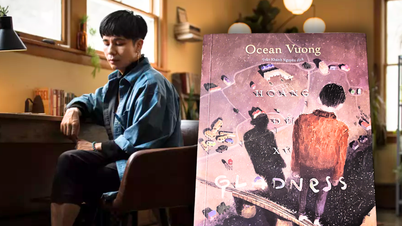
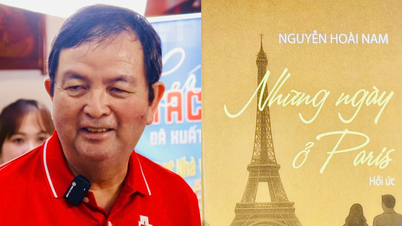




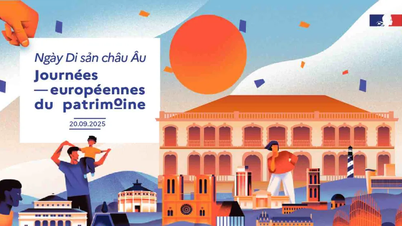



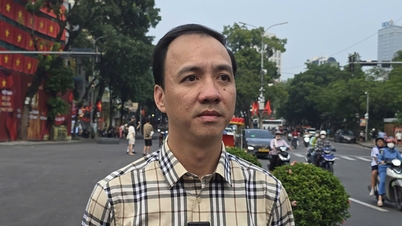













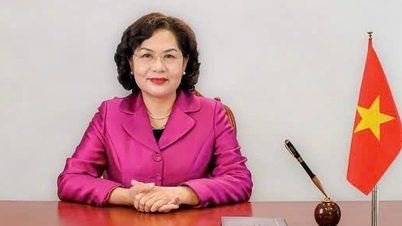


























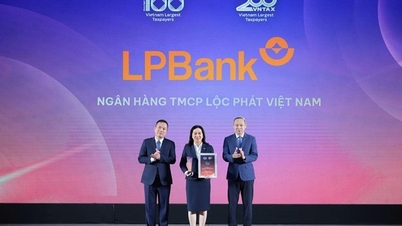













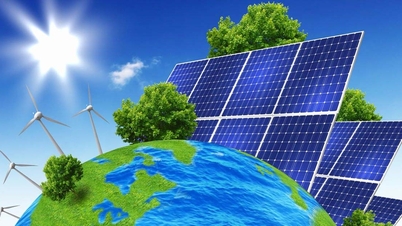

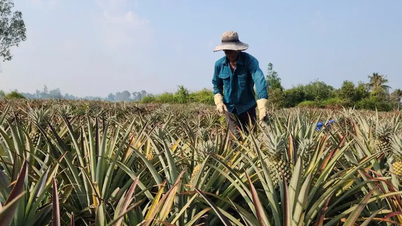





















Comment (0)